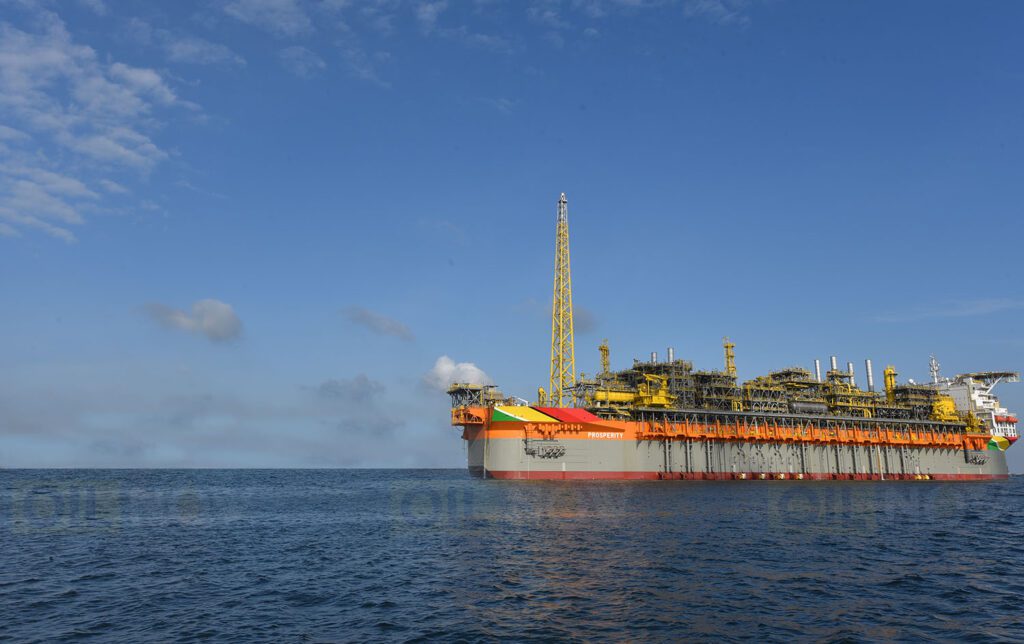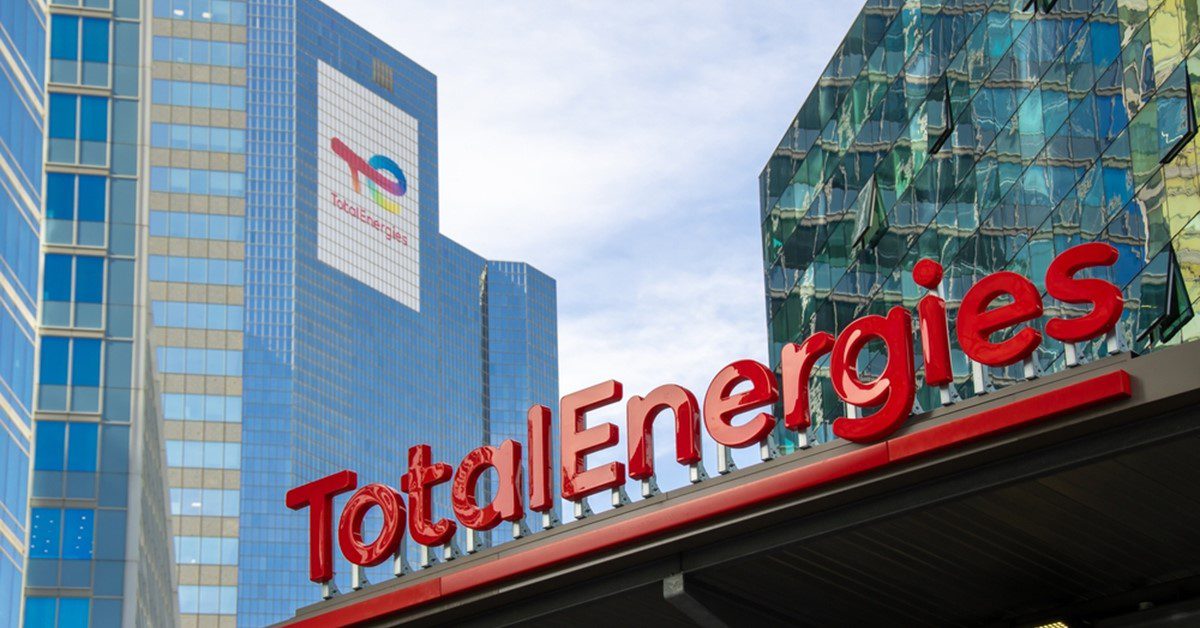Paramaribo, Suriname – TotalEnergies announced on Wednesday that several key milestones have been reached for its first development at Suriname’s Block 58 where it is the operator. Referencing comments made on Tuesday at the 2024 Suriname Energy Oil and Gas Summit (SEOGS) by TotalEnergies and Staatsolie Maatschappij Suriname N.V, the company said a Final Investment Decision (FID) is expected in Q4 of this year, with production start-up in 2028. Staatsolie is Suriname’s state oil company.
Engineering studies (FEED) are progressing for the development of the Sapakara and Krabdagu fields, with combined recoverable resources estimated above 700 million barrels thanks to the integration of Water Alternating Gas (WAG) injection technology to maximize recovery. Ocean Bottom Node (OBN) seismic technology will also play a key role in maximizing resources and the placement of the development wells, as well as identifying resource upsides. A first OBN campaign covering 900 km2 will be carried out in the second half of 2024.
According to TotalEnergies, an agreement was concluded between Staatsolie and TotalEnergies on the field development area, maximizing the value for Suriname and the Block 58 co-venturers over the 25 years Production Period. In addition, the hull for the 200,000 barrels of oil per day (bopd) Floating Production Storage and Offloading (FPSO) unit has been secured.
TotalEnergies said it is committed to developing this project responsibly using the best technologies to minimize greenhouse gas emissions. In particular, the facilities will be designed for zero routine flaring, with all associated gas reinjected into the reservoirs.
Artur Nunes-Da-Silva, TotalEnergies’ General Manager and Suriname Country Chair shared the company’s vision during a panel discussion on Tuesday at SEOGS.
“We plan to put in place the best technologies when it comes to reducing greenhouse gases,” he said. “An FPSO that is fully electrical like a Tesla.”
Tesla is one of the most renowned brands of electric cars, running on batteries and an electric motor instead of an internal combustion engine. Tesla vehicles produce zero operational emissions, making them a more sustainable option for transportation.
Nunes-Da-Silva shared that flaring would be absent from the FPSO. TotalEnergies also plans to alternate water and gas injection to “get the best recovery” of the resources.
TotalEnergies CEO Patrick Pouyanné has said the company is looking to ExxonMobil’s Guyana model for cost-saving measures.
“With Suriname, we are trying to work on an innovative solution: looking carefully to what our big friend in Guyana is doing to benefit from their own way to develop fields,” he said to investors on Feb. 8. “We try to transfer part of their way to manage some of the leased FPSOs in order to be efficient on the costs.”
Exxon has five projects sanctioned in Guyana: three online and two incoming. A sixth project awaits approval. Dutch company SBM Offshore is behind all but one production vessel, for which MODEC was selected.

The Dutch floater specialist was granted a 10-year lease by Exxon for FPSO Liza Destiny and up to a two-year lease for FPSOs Liza Unity, Prosperity, and ONE GUYANA. After that, the FPSOs’ ownership transfers to Exxon. SBM Offshore later signed a 10-year Operations and Maintenance Enabling Agreement with Exxon for the four vessels. The company has been utilising its Fast4Ward concept in the design and construction of these FPSOs.
SBM Offshore has also said it plans to offer a near-zero emission FPSO to the market by 2025.
TotalEnergies is the operator of Block 58 with a 50% interest, alongside APA Corporation (50%). Staatsolie has the option to enter the development project with up to 20% interest upon FID.



